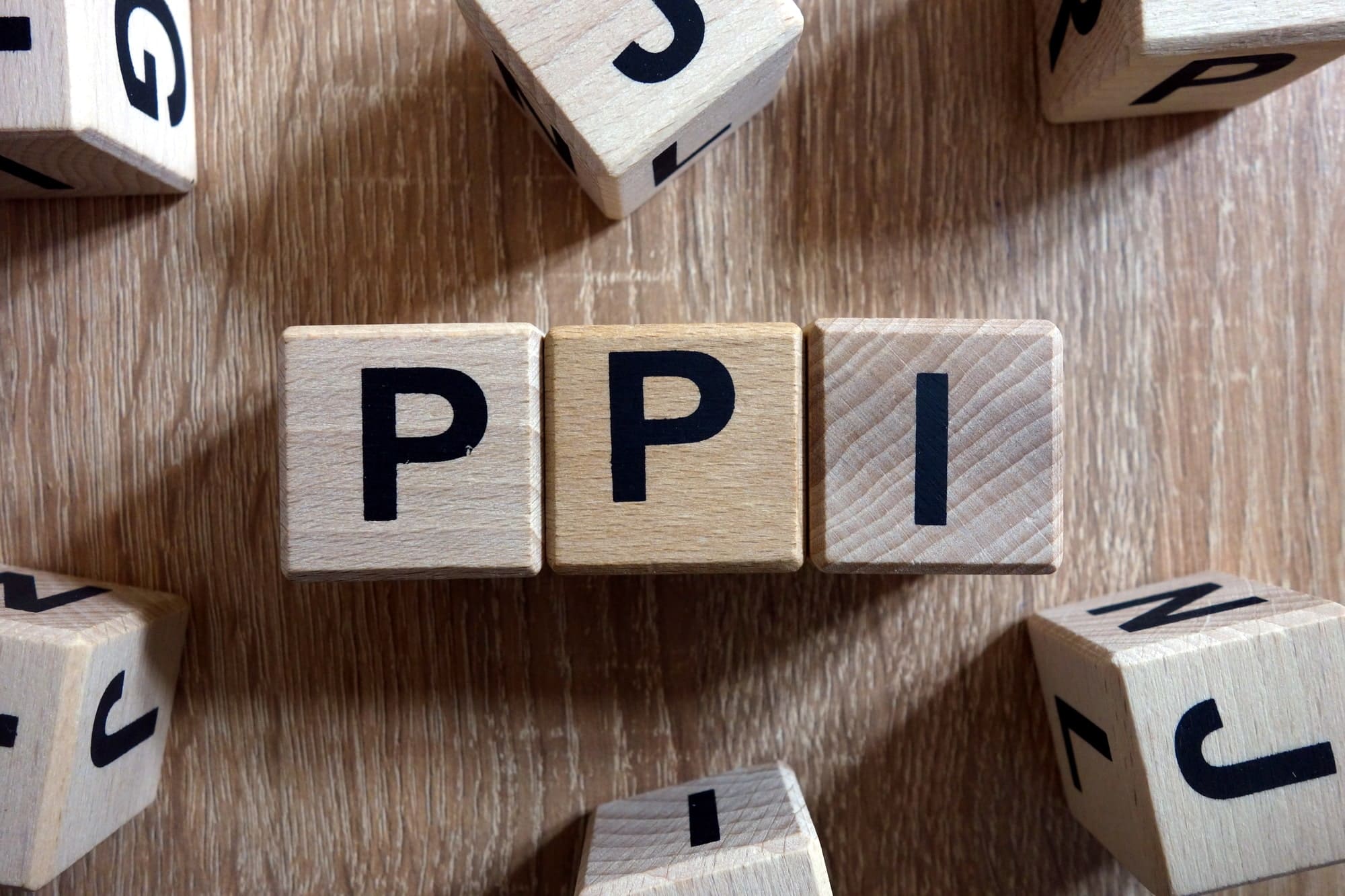People have made fun of Millenials for avocado toast, but maybe there’s reason to be cautious.
Inflation is on the rise, housing markets are notoriously unfriendly for first-time home buyers, and people are leaving the workforce in droves to the pandemic.
With this being said, it’s clearly critical to have your finances in order so your long-term financial health is not compromised.
So, how to plan finances then? Read on to find out about financial planning and how to start a budget for beginners. You can still have your avocado toast, promise.
How To Plan Finances
The first thing you’ll want to do is to look at your finances. One of the most basic steps is to look at your income streams, if any, and your monthly spending.
How much do you pull in per month, and how much do you spend? Take a quick look at your debit or credit card history. Write those numbers down in a spreadsheet, and feel free to categorize them if you want.
Then, think about your income. Do you have money invested (if not, we’ll get back to that)? How much do you get from your job(s)?
Do you have any independent ventures that bring you more income? Do you have student debt? How much do you need to pay in bills?
What you really want to do in this step is calculate your in-flow versus out-flow of cash. What’s important is to keep track of all your sources of income and all your spending.
Are there subscriptions that are auto-charging you that you aren’t even using? You will want to cancel those or evaluate which subscriptions are truly worth it for you. Anything that is a recurrent charge is something you will want to look at because all those dollars add up.
Get A Robust Savings Going
It’s true that not everyone makes enough to put some away. Many people live paycheck to paycheck and just eke by. However, if you can put away just a couple of dollars of every paycheck toward an emergency fund for yourself, please try to do so.
You never know when you’ll be faced with a medical emergency or some other unexpected expense. Your small nest egg of $500, or $1000, or $5000 might save your life and mental health.
Beginning To Invest
To build long-term wealth, you might want to consider working with a consultant or program like Wealthability. It’s also true that the earlier you invest, the better, so you can take advantage of the magic that is compound interest.
However, if you’re just starting out, chances are this is all confusing. Take some time to read about 401Ks, ROTH IRAs, and things like ETFs and mutual funds. These investment opportunities are very accessible to young people and can make a huge difference in your financial health if you manage them smartly.
Budgeting
Honestly, as long as you have a good idea of your monthly average income and expenses, the financial organization gets easier.
If you are trying to get a pricey piece of technology like an LED TV or the new model of Macbook, or are planning a trip to Japan, it might be a good idea to save up for those purchases rather than drawing them out of your monthly expense.
The monthly budget should be something you’ve determined ahead of time and properly allocated so that you have enough to live on and are able to live comfortably by your current standard. Don’t use your budget for groceries to buy a Nintendo Switch.
If you are spending $1000 on takeout and that’s hurting your finances the most, then budget only $200 or less for takeout. The key is tracking your spending and your income more closely, and that alone will help you formulate a budget over time.
Finance Starts With Awareness
Don’t spend without being aware of how much you are spending. Forgive yourself for any financial mistakes or non-optimal money management. You’ve got a lifetime to get this right, but if you start earlier, you’ll be a lot better off.
How to plan finances is a struggle everyone goes with, and remember, it’s valid to seek advice when you are lost.
Read more financial planning tips in our finance section!



